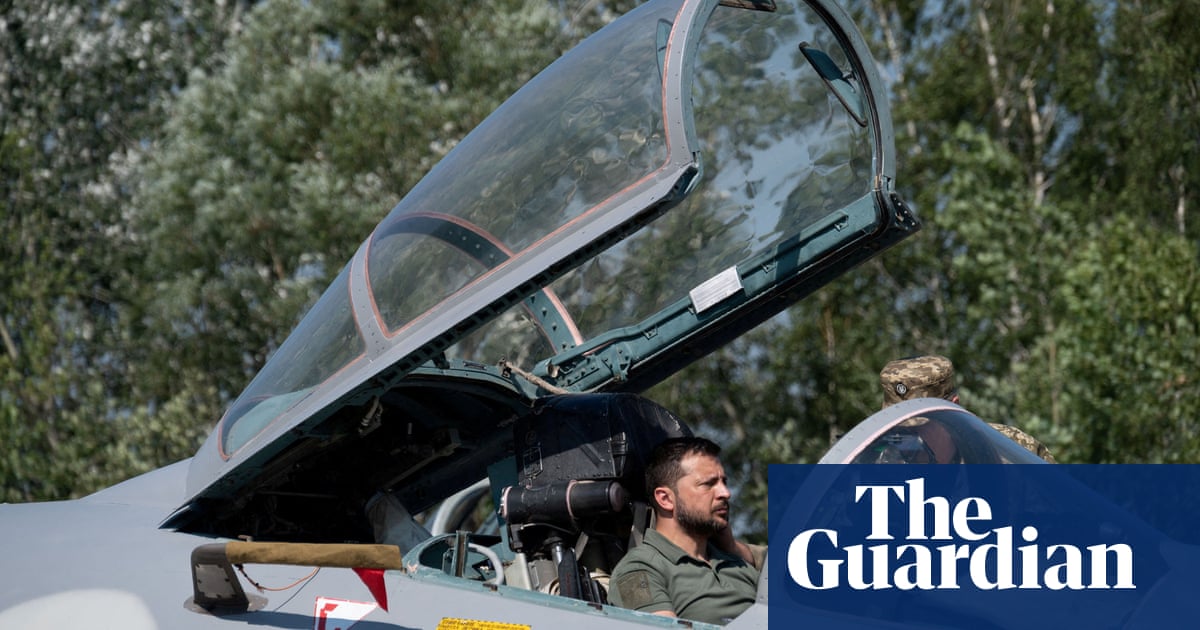Looks like more rot in the Ruble. Let’s see where things pickup on the other side of this weekend.
Sorry if linked tweet does not load within this post.
Closing before this weekend, officially:
1 Dollar = 99 Rubles
1 Euro = 109 Rubles
However, (Russian) Tinkoff Bank:
1 Dollar = 111.35 Rubles
1 Euro = 119.9 Rubles
Noted the difference between the sell & buy prices ≈20% difference and typically it’s 1-2%
Post asserts banks don’t want rubles.
https://x.com/officejjsmart/status/1690074590523891712?s=46&t=jAgIffgC68qiSzAyPG4hEQ
Keep in mind that the Ruble is not a normal freely exchanged currency. Further, Tinkoff Bank is not a normal FX-centric bank, but is deeply concentrated in the middle-class Russian populace. They did have FX (Euro and US$) available in some of their ATM's until post-2014 changes took place, including a semi-forced change of control.
For all practical purposes today the Ruble is used as a reference currency for trade with willing countries (e.g. China, Iran, India, Maldives and even perhaps Brazil). Those transactions have negotiated rates and are exactly zero market-based. There are posted rates, and many currency market traders offer quotes. Frankly, the sell Ruble ones tend to reflect willing trades. The buy Ruble quotations are fictitious; there is exactly zero demand for Rubles.
In bilateral BRICS and other friendly countries the nominal Ruble prices are translated into other negotiable non-boycotted currencies, primarily Renminbi but also Indian Rupee, UAE Dirham, Brasil Real and some others. The oil and gas trade with European countries is primarily settled in Euro with artificial Rubles rates. The 2022 Russian policy is not 100% effective, but is dominant:
What all this means is that the pundits speculating about Ruble rates are deceiving themselves. While it is true that Russian Ruble denominated deals are tending towards reduced nominal exchange value, that is a tactical reaction to evolving buyer price sensitivity rather than a real change in market value.
In sum, when shipping costs rise and ocean shipping is increasingly difficult to insure price sensitivity rises.
Since logistics are becoming more difficult and buyer resistance increases, dependency grows on Indian entrepôt (albeit with the odd refining) and Maldives entrepôt with the traditional Dubai (an entrepôt for centuries: best reference 'Dubai' by Robin Moore. A lightly fictionalized story that seems totally fictional) tossed in. Russia has been deeply involved in this type of trade since Czarist days.
When we consider both the Ukraine invasion and our own Tesla interests we might benefit by realizing that Tesla sales, service and Superchargers ended out in Russia despite never having been officially sold there.
Years ago there was one of those Russian tesla entrepreneurs at a TMC meeting including visits to Fremont. Without belaboring the points the reality is that the Russian financial resources are much better than they appear to be.
All the stories of deficiency in technical talent, however, are true. Even though Russians still do work from abroad, the majority of talented young people have long since moved elsewhere. That, too, acts to minimize the relevance of the Ruble nominal value.

oopstop.com







/cloudfront-us-east-2.images.arcpublishing.com/reuters/EVFLYIVWEJN4NOKCVNJ7E2FEDQ.jpg)